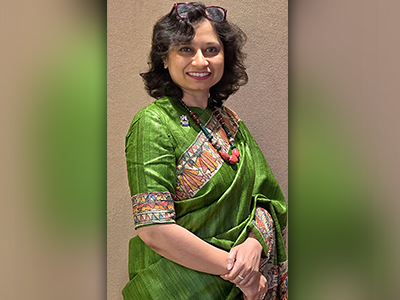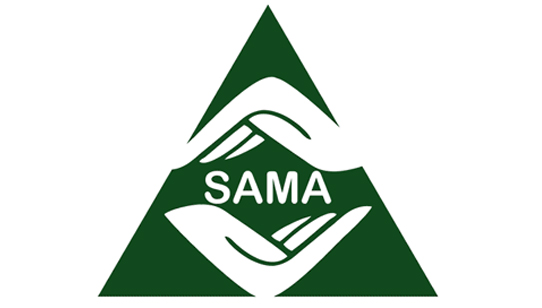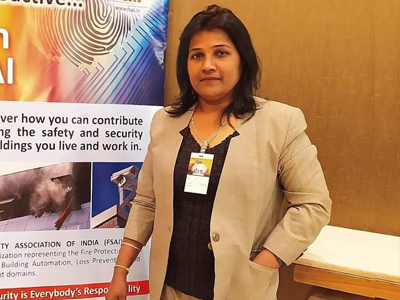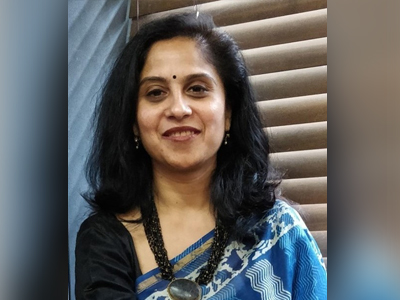Empowering Womens Safety: A Collective Responsibility

By Sujal Shah, National Chairperson – Surakshit Naari, FSAI Director, NewAge Fire Fighting Co. Ltd
Safety is not just a necessity; it is a fundamental right. However, ensuring women’s safety—whether in workplaces, public spaces, or homes—remains a pressing challenge that demands immediate attention. As the National Chair of Surakshit Naari, an initiative by FSAI (Fire & Security Association of India), I firmly believe that empowering women with the right knowledge, technology, and policies is the key to fostering a safer environment.
Women’s Safety: The Need for a Holistic Approach
Women’s safety cannot be addressed through a singular lens. It requires a multi-faceted approach encompassing awareness, infrastructure, technology, and policy interventions. While laws and regulations play a crucial role, real change happens when individuals, organizations, and communities take collective ownership of safety measures.
Technology as a Game-Changer
Advancements in technology have revolutionized safety and security measures. Smart surveillance, AI-powered threat detection, and IoT-enabled emergency response systems are crucial tools that can significantly enhance women’s safety. However, the challenge remains in ensuring widespread accessibility and awareness of these technologies among women, especially in vulnerable communities.
Training and Awareness: Equipping Women with Knowledge
Knowledge is the first line of defense. Conducting self-defense training, fire safety drills, and emergency response workshops can empower women to handle critical situations effectively. At Surakshit Naari, we emphasize safety education and skill-building to make women proactive rather than reactive in matters of personal security.
Workplace Safety: Beyond Policies to Implementation
While most organizations have workplace safety policies, their effective implementation remains a challenge. Creating women-friendly infrastructure, enforcing zero-tolerance policies against harassment, and fostering a culture of respect and inclusivity can go a long way in ensuring workplace security.
Community Engagement: A Collective Responsibility
Women’s safety is not just a women’s issue—it is a societal responsibility. Encouraging male allies, community-led safety programs, and partnerships with local law enforcement can help create safer environments. Neighborhood watch programs, safety audits, and community vigilance initiatives are proven methods of ensuring security at the grassroots level.
The Road Ahead: Building a Safer Future for Women
A safe and secure environment for women leads to their greater participation in all spheres—economic, social, and political. As we move towards a more progressive and inclusive society, it is essential that safety concerns are addressed proactively, innovatively, and collaboratively.
At Surakshit Naari, FSAI, we remain committed to advocating for women’s safety by bridging the gap between policy and practice, leveraging technology, and fostering an empowered and informed community. Together, let’s work towards a world where women’s safety is not a privilege but a norm.





.png)






